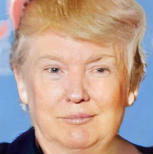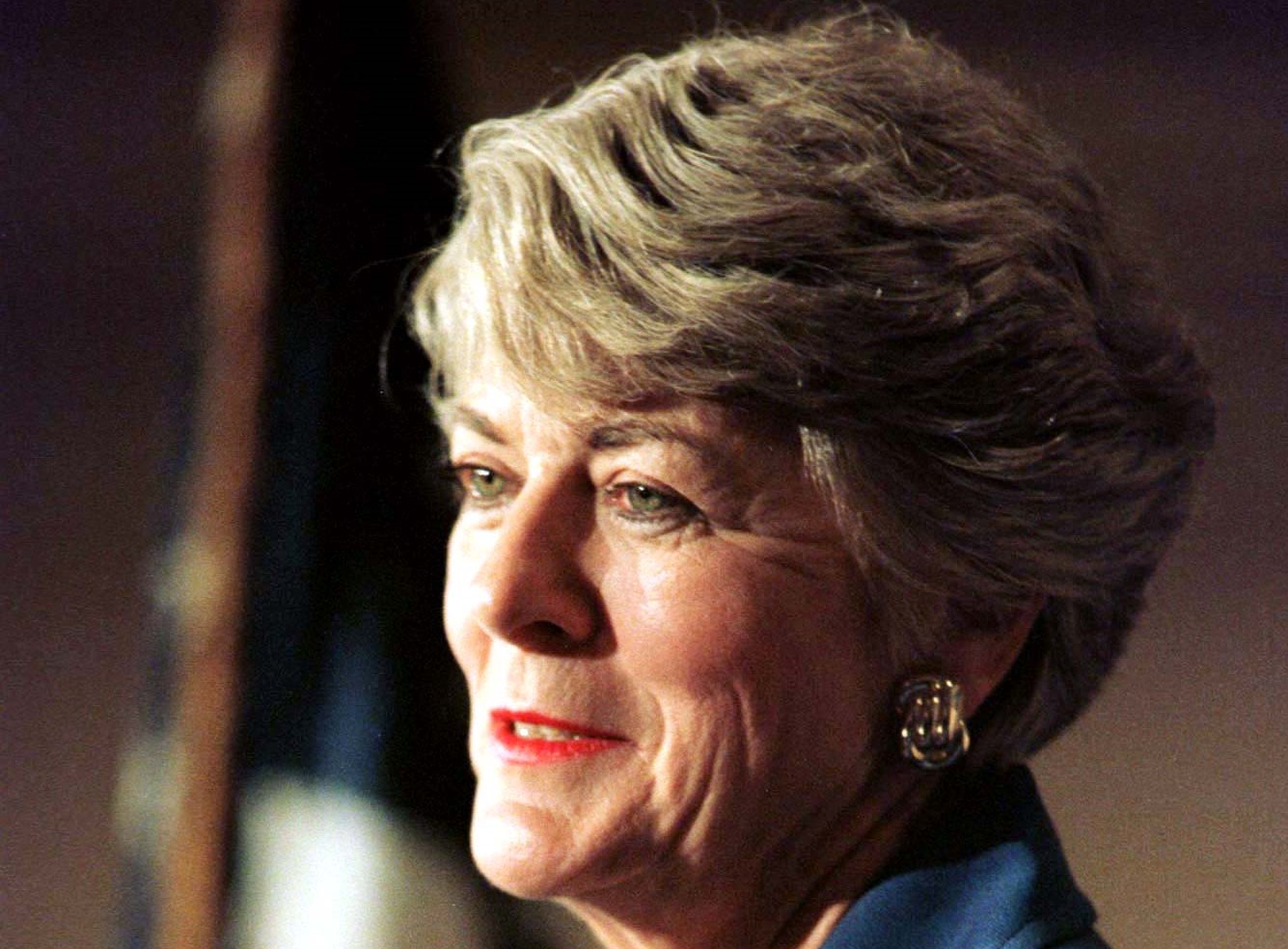

Photograph by Historic Images, Alamy Marietta Stow Marietta Stow became the first woman to run for vice president when she ran with Belva Lockwood in 1884. Meet some of the women who contended for the second highest job in the land despite the odds. Some ran to highlight issues, some ran to prove a point, and some were recruited to energize a male candidate’s flailing campaign. Many of the earlier candidates belonged to third parties. (There may be more: CAWP’s list only includes candidates who were historic firsts, won at least 1 percent of the popular vote, or received 100 votes or more at a major party nominating convention.) According to the Center for American Women and Politics at Rutgers University (CAWP), at least 11 other women have previously vied to be vice president, including more than one Black woman and one Asian-American woman.
While Woodhull didn’t make a concerted effort to get elected, Harris is the most recent of a long line of women who did. Despite her notoriety, there’s no record that anyone cast their ballot for her.

(Abolitionist Frederick Douglass was listed as the vice presidential candidate, but he hadn’t been asked to join the ticket and never acknowledged the campaign.) On election day, Woodhull was in jail on obscenity charges for publishing details about a religious leader’s affair in her newspaper. It’s not clear she actually campaigned, and at 33 she could not legally have been president. Suffragist and New York newspaper publisher Victoria Woodhull, who along with her sister was also the first female Wall Street stockbroker, became the first woman to run for president in 1872 when she was nominated by the newly formed Equal Rights Party. ( Find out why, a century after women’s suffrage, the fight for equality isn’t over.) Women have been aiming for higher office since long before they could vote. Harris is hardly the first woman to run for the office, though. Overall, this is a fast-moving, enjoyable film, making the points that petty personal indiscretions should have little influence when it comes to power politics, and that it's about time the USA had a woman as President or at least a heart beat away.One hundred years after American women won the right to vote-a right mostly limited to white women at first-Kamala Harris has become the first woman (and the first Black and Asian American) elected vice president of the United States. The director, Rod Lurie, seems unable to make up his mind whether Webster should be portrayed as an overly-naive idealist, or an ambitious cynic with his eye on the main chance.
First female vice president movie#
Joan Allen as vice-Presidential nominee Laine Hanson, and Gary Oldman as Shelly Runyon, her would-be character assassin, have strong parts and make the most of them - though personally I think it is Bridges' movie - but there is perhaps a little too much of Christian Slater in a curious role as Reginald Webster, a young, liberal, but seemingly anti-feminist, Democrat Congressman. (One mistake in the script is a direct reference to the Clinton impeachment vote it is dangerous for parodies or satires to refer to the true stories on which they are based - it leads to a dislocation in the audience's point of view, and in this case to the awkward question - if this is a post-Clinton Democrat President, and he's coming to the end of his second term, in just what year is the action supposed to be taking place?!) Given the White House shenanigans in recent years, it is surprising that some IMDb commenters should question the plausibility of the plot, which I feel stretches our credulity no further than most Hollywood thrillers. Indeed, the whole movie can be seen as a take on the Monica Lewinsky saga, highlighting the manipulation and hypocrisy displayed on all sides at that time. Jeff Bridges is well cast as Jackson Evans, a President every bit as charismatic and opportunistic as Bill Clinton. And the movie is all the better for this clarity and honesty. Here, the administration is Democrat, and the film proudly wears its liberal heart on its sleeve. Gone are the days of Advise and Consent, when the opposing parties were simply referred to as the "majority" and "minority", and the movie aimed at non-partisan neutrality. This may not be the greatest White House movie thriller ever - as its makers claim - but it is probably the most politically explicit.


 0 kommentar(er)
0 kommentar(er)
